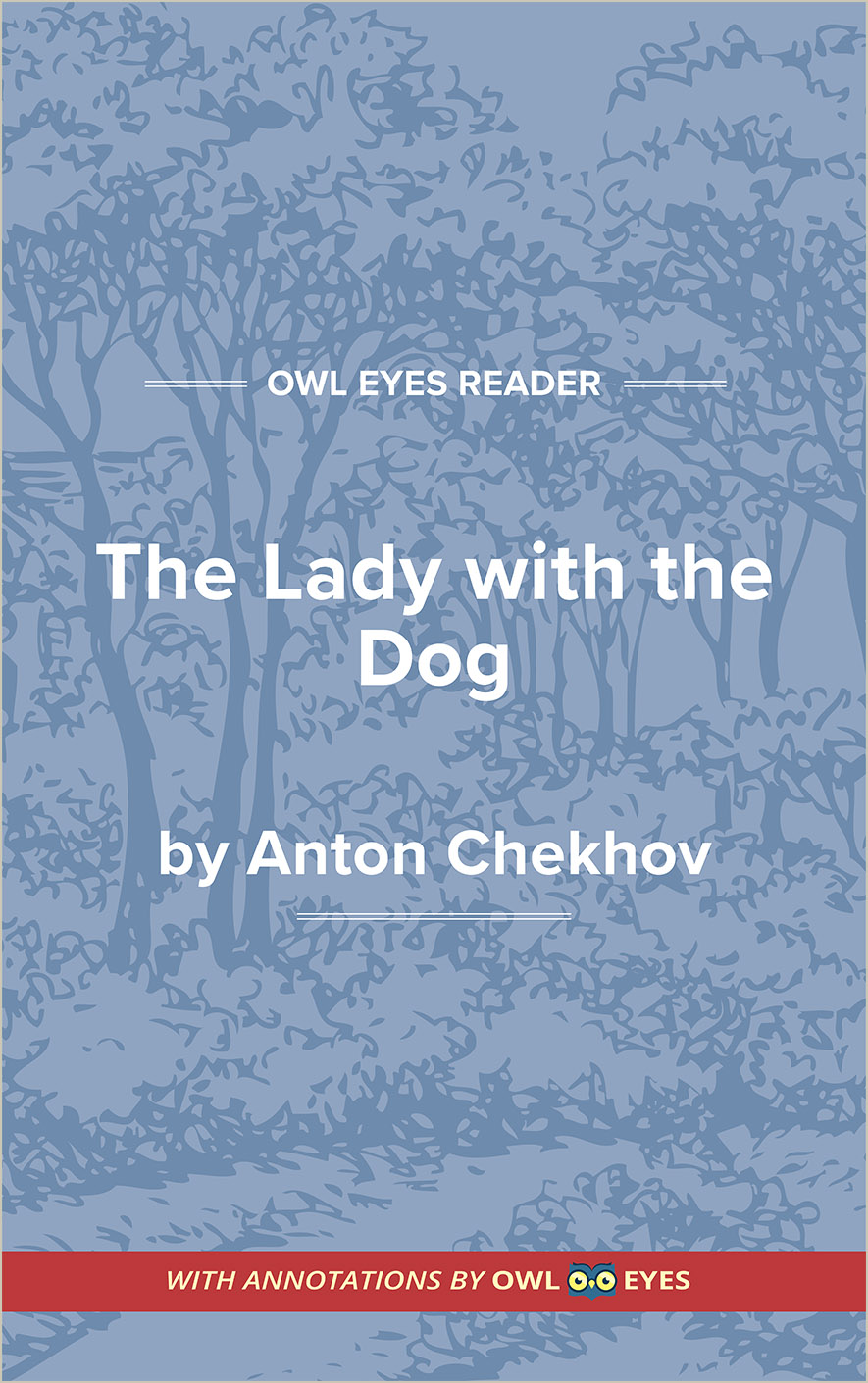Analysis Pages
Themes in The Lady with the Dog
Love: Love is central to Chekov’s narrative. The love between Gurov and Anna is the driving force behind their extramarital affair and their struggle to decide on a future course of action. Chekov does not resolve this conflict within the story. His goal was to display a ‘slice of life,’ without an easily digestible resolution. Some may read Gurov and Anna’s infidelity as an example of hypocrisy, immorality and a lack of respect for the institution of marriage. Others may read Gurov and Anna’s actions as a plea for freedom, outside rigid societal expectations. By refusing to provide a solid conclusion, Chekhov leaves the message of his text open to interpretation.
Public and Private Life: Love also pushes Gurov and Anna to consider the dichotomy between public and private life. The public life encompasses all the trappings of societal expectations—family life, marriage, ambition, reputation—while the private life is a truer reflection of inherent beliefs, feelings, and desires. Due to the inconclusive nature of the narrative, we are left wondering whether Chekhov’s characters will consider to obey this rigid division, or they will sacrifice his public reputation for love.
Expectation and Reality: The change that occurs in the two main characters can be seen as a kind of shift from innocence to experience, from expectation to reality. Each lover has an initial idea of what the affair means which proves to be false. Gurov expects the affair to be his usual fling, fun but soon forgotten. Anna expects to be steeped in shame for having slept with Gurov. The reality is that for both the affair is a meaningful and unforgettable experience, though it takes both lovers some time to acknowledge this fact.
Themes Examples in The Lady with the Dog:
Part II
🔒"Gurov thought how in reality everything is beautiful..." See in text (Part II)
"There was a water-melon on the table..." See in text (Part II)
Part III
🔒"that was nothing to Gurov..." See in text (Part III)
Part IV
🔒"that personal privacy should be respected...." See in text (Part IV)

